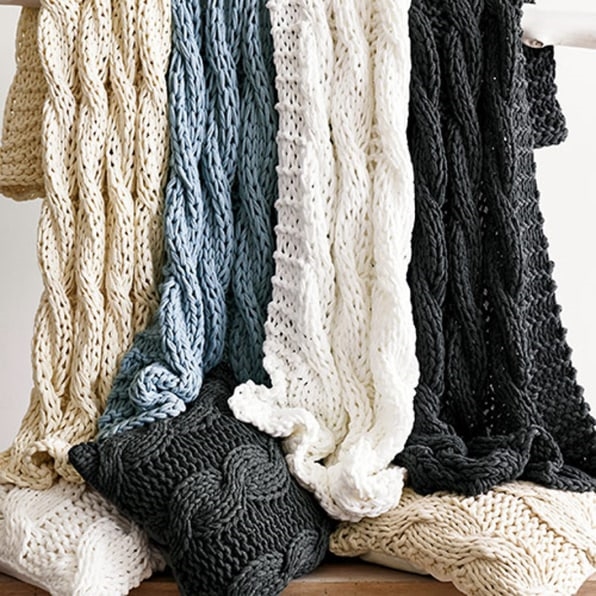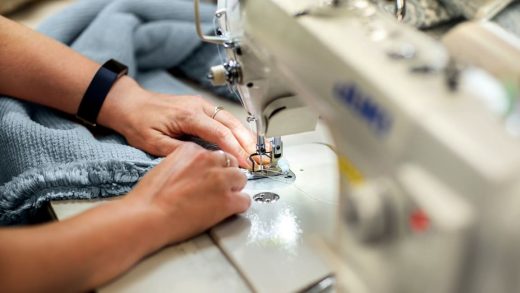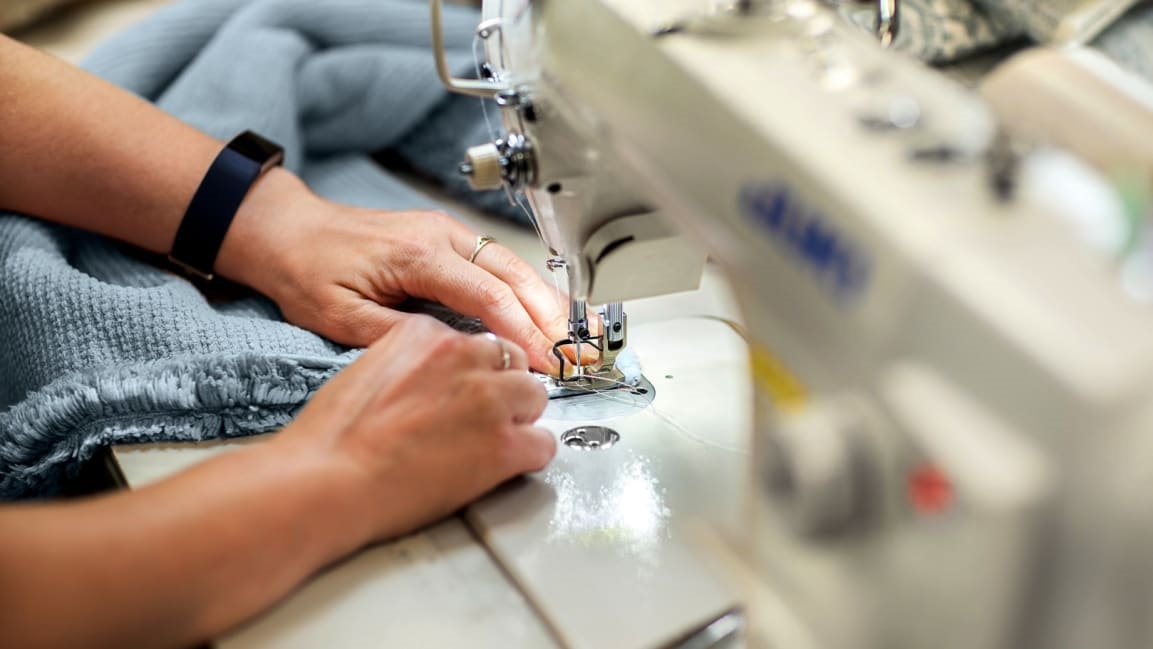Returns are bad for the environment. Pottery Barn wants to do something about it
Every year, customers return piles of textiles to Pottery Barn. Someone decides a blanket doesn’t match her bedroom decor after all; someone else doesn’t like the feel of a bathrobe he ordered. For hygiene reasons, many of these products can’t be resold, so they’re thrown out—ultimately ending up in a landfill. Today, the 70-year-old home goods brand announces it will now send those textiles to the Renewal Workshop, a company that sanitizes fabrics so they can be resold.
The Renewal Workshop is known for its high-tech process of sanitizing textiles. It has a machine that uses liquid carbon dioxide, rather than water, to remove oil, particulates, and odors that degrade the life of a fabric. Since the company launched in 2014, it has partnered with clothing brands like Mara Hoffman and prAna to take returned product, clean it, then resell it at prices that are 20% to 40% lower than the original price. In its most recent research, the Renewal Workshop assessed that 82% of what fashion brands consider waste can actually be cleaned and resold.

Coyuchi, a home textile brand, partnered with the Renewal Workshop in 2017 and to date has already diverted 34,694 pounds of fabric from landfills. Given Pottery Barn’s larger scale—generating more than $2 billion in annual revenue—this collaboration has the potential to make an even greater impact. “We’re taking a page from our friends in fashion,” says Marta Benson, Pottery Barn’s president. “It made sense to borrow ideas from that industry when it comes to fabrics and textiles, which are a significant part of our business.”

Starting today, a wide variety of renewed goods will be sold on the Renewal Workshop’s website. This will mean consumers will be able to pick up items that are currently available at Pottery Barn, but at a fraction of the cost, with prices ranging from $10 to $215. Over time, as this project scales and there’s a larger inventory of renewed goods available, Benson wants to sell these products through Pottery Barn itself.
Benson believes the company has an opportunity to show millions of customers how much waste can be avoided by reselling returned goods. “Many people have an ‘ew’ factor when it comes to buying sheets that someone may have slept on, and yet they are comfortable sleeping on hotel sheets that many other guests have used,” Benson says. “It’s all about educating people and helping to normalize these products.”
Of course, this could be good for Pottery Barn’s bottom line, too. Over the long term, reselling goods that now go to waste could create a new revenue stream. Benson says that Pottery Barn doesn’t want to stop at textiles: “Our ultimate goal is to figure out how to restore furniture in-house so we can scale these practices.”
(18)



